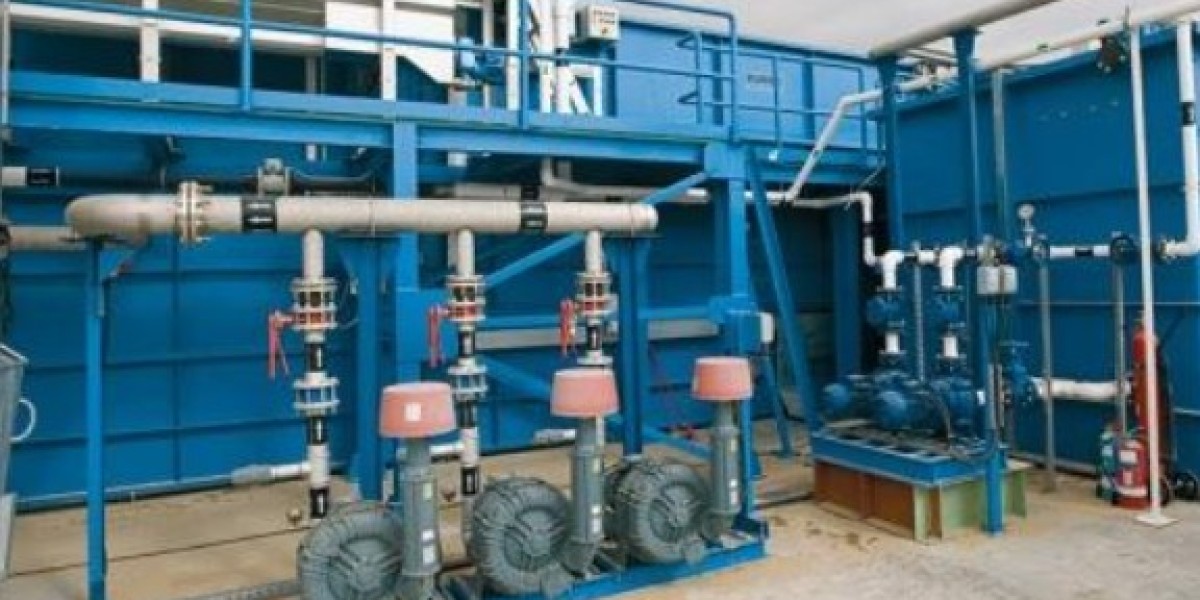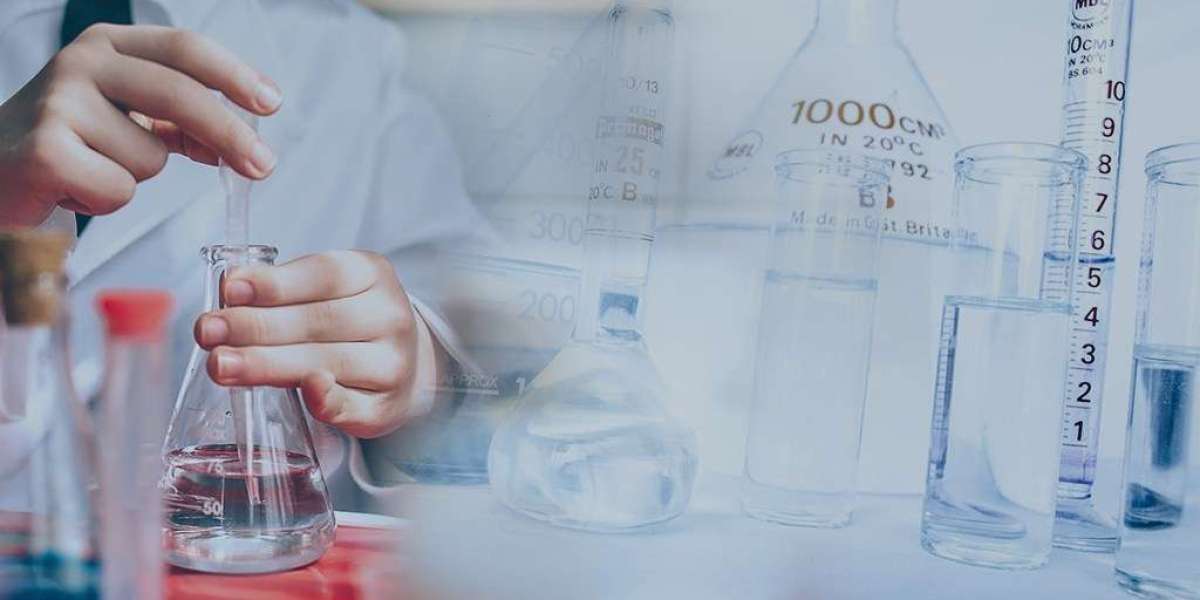Effluent Treatment Plants (ETPs) play a vital role in mitigating environmental pollution by treating industrial wastewater before it is discharged into natural water bodies. One of the cornerstones of ETPs is the use of Bio Culture, which is equally applicable in Sewage Treatment Plants (STPs).
Bio Culture for ETP:
Bio Culture refers to a consortium of microorganisms, primarily bacteria and fungi, that are cultured to break down organic pollutants in wastewater. When introduced into the treatment process, these microorganisms feed on organic contaminants, transforming them into harmless byproducts, water, and gases. This biological treatment method is eco-friendly and highly effective.
In ETPs, Bio Culture is often used in the activated sludge process, where microorganisms are aerated and mixed with wastewater. The bacteria present in Bio Culture break down organic matter, reducing chemical oxygen demand (COD) and biological oxygen demand (BOD) levels. This process ensures that the treated effluent meets regulatory standards and can be safely discharged into the environment.
Bio Culture for STP:
Sewage Treatment Plants (STPs) are responsible for treating domestic wastewater. Bio Culture plays a crucial role in STPs as well. In the aeration tank of an STP, microorganisms present in Bio Culture break down organic solids and pollutants present in sewage. This process results in the production of clean, treated water that can be safely released into water bodies or reused.
Benefits of Bio Culture:
Efficiency: Bio Culture significantly enhances the efficiency of ETPs and STPs by accelerating the degradation of organic pollutants.
Cost-Effective: Implementing Bio Culture is often more cost-effective compared to other treatment methods, as it reduces the need for chemicals and energy.
Eco-Friendly: Bio Culture-based treatment is environmentally friendly and sustainable, as it promotes natural processes and reduces the use of harsh chemicals.
Reduced Sludge Production: Bio Culture treatment can lead to a reduction in sludge production, easing the burden of sludge disposal.
Compliance: By using Bio Culture, industries can ensure that their effluents meet regulatory standards, avoiding penalties and environmental harm.
In conclusion, Bio Culture is a critical component of Effluent Treatment Plants and Sewage Treatment Plants. Its ability to harness the power of microorganisms to break down organic pollutants makes it a sustainable, efficient, and cost-effective solution for treating wastewater. By understanding the role of Bio Culture for ETPs and STPs, industries and municipalities can contribute to a cleaner and greener environment while meeting regulatory requirements.



